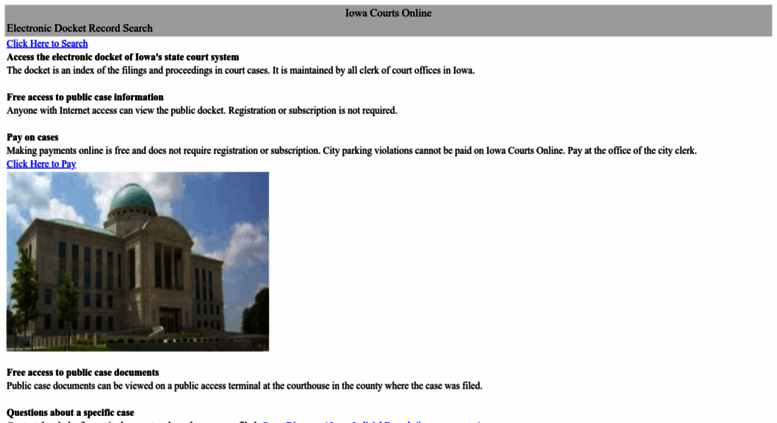

where the individual was residing at the time of naturalization (city/county/state).name of petitioner (including known variants).To ensure a successful request with the National Archives researchers should include: If a naturalization took place in a Federal court, naturalization indexes, declarations of intention (with any accompanying certificates of arrival), and petitions for naturalization will usually be in the National Archives facility serving the state in which the Federal court is located. These two steps did not have to take place in the same court. After the petition was granted, a certificate of citizenship was issued to the new citizen. After three additional years, the alien could "petition for naturalization" (”second papers”). After residing in the United States for two years, an alien could file a " declaration of intention" ("first papers") to become a citizen. In general, naturalization was a two-step process* that took a minimum of five years. It took time for the lower courts to let go of the practice, so researchers may need to look at lower courts if the National Archives does not maintain a record of naturalization from the early-mid 20 th century. Records from state and local courts are often at state archives or historical societies.īeginning September 27, 1906, US naturalization law imposed a fee structure that encouraged the transfer of naturalization to Federal courts. In certain cases county court naturalization records maintained by the National Archives are available as microfilm publications.

Researchers should contact the National Archives facility serving the state in which the petitioner resided to determine if records from lower courts are available. However, a few indexes and records have been donated to the National Archives from counties, states, and local courts. As a general rule, the National Archives does not have naturalization records created in state or local courts. Often petitioners went to the court most geographically convenient for them. Prior to September 27, 1906, any "court of record" (municipal, county, state, or Federal) could grant United States citizenship. It is a voluntary act naturalization is not required. Naturalization is the process by which an alien becomes an American citizen. You may waive the right to compensation, which will help reduce the state's cost of operating the court system.In an effort to assist patrons seeking dual citizenship to understand what the National Archives can and cannot assist them with, we’ve compiled some of the most frequently asked questions. Pursuant to state law, you will be paid $30 a day for each day of jury service up to seven days $50 a day for eight or more days of service. 50 per mile as approved by the supreme court. Jurors are reimbursed for travel to and from residence to the courthouse at a rate of. Courthouse Security InformationĬontact Clerk of Court or Court Administration Travel, Mileage, and Other Expenses

Where to ParkĬounty parking lot located one block south of the Courthouse on Sixth Avenue between 6th & 7th Streets. The following types of clothing are not suitable for court proceedings: shorts, tube tops, halter tops, clothing that contains any obscene, suggestive or inflammatory print or images, and clothes that are overly dirty or ragged. As a general rule, business or business casual clothing is acceptable. Please report for jury service wearing respectable clothes.


 0 kommentar(er)
0 kommentar(er)
